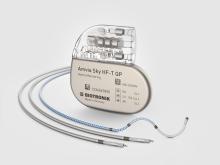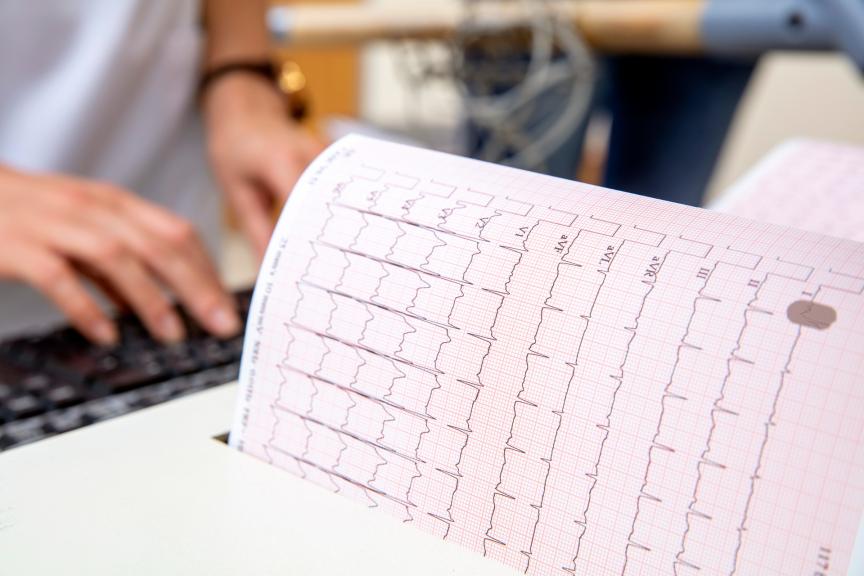What Is Tachycardia
Playing sports, being stressed or unexpectedly running into a loved one – there are many situations in our lives that make our hearts beat faster than normal. In situations like these a fast heartbeat is of no concern.
Should you experience a fast heartbeat of over 100 beats per minute all of the time, you might have a condition that is called tachycardia.




